Keywords: Australian Catholic University
-
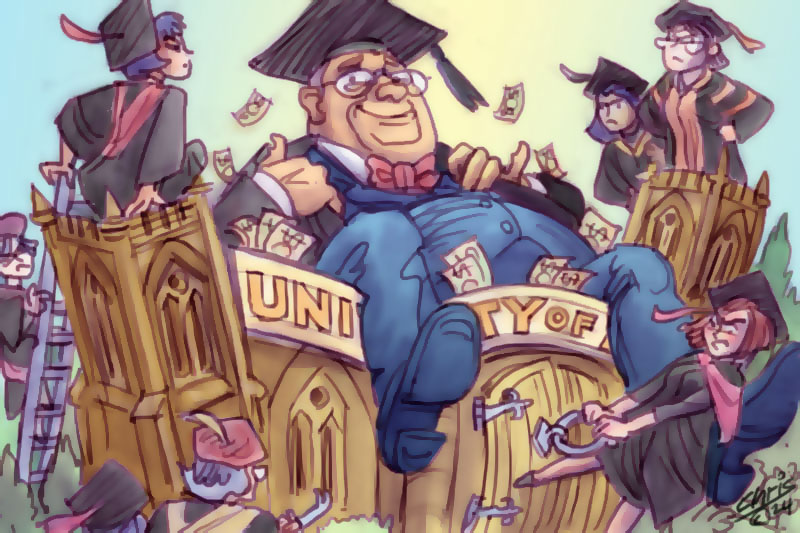
EDUCATION
- Erica Cervini
- 02 May 2024
In 1883, Bella Guerin became the first woman to earn a degree in Australia, a milestone for women in higher education. Today, women make up a majority of university students and staff, yet disparities in pay and representation persist.
READ MORE
-
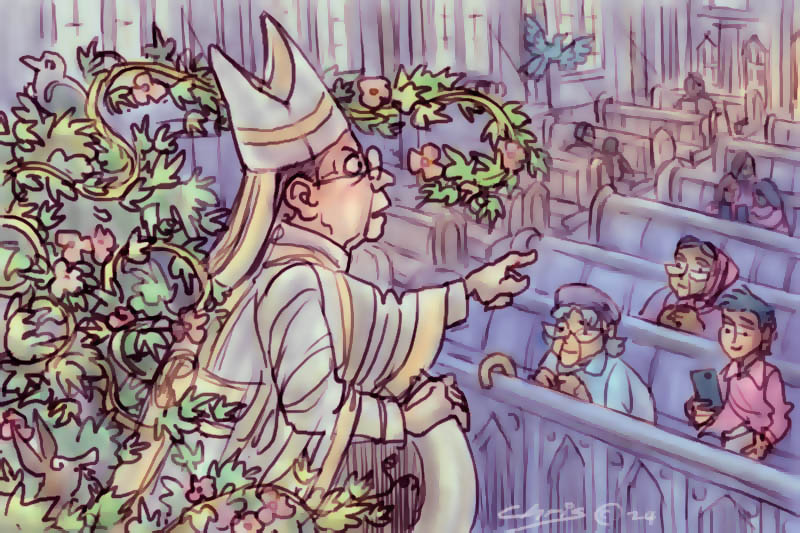
RELIGION
- John Warhurst
- 01 May 2024
33 Comments
The relationship between the Catholic church and the Greens has been one marked by near constant antagonism. Are there any consequences from this for either the church or the party?
READ MORE
-
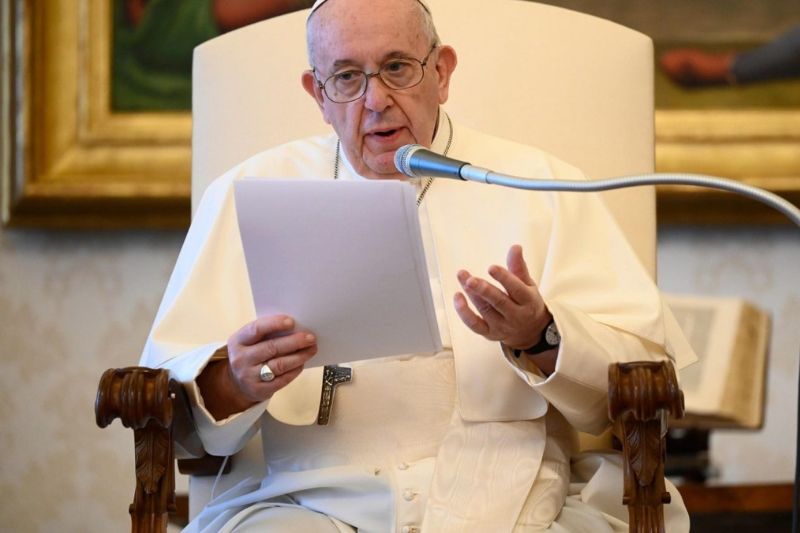
RELIGION
The recent Vatican declaration 'Dignitas Infinita' aims to provide a response to pressing bioethical and social issues, from abortion and euthanasia to gender theory and the rights of migrants. But does it effectively bridge the gap between doctrine and the lived experiences of the marginalised?
READ MORE
-
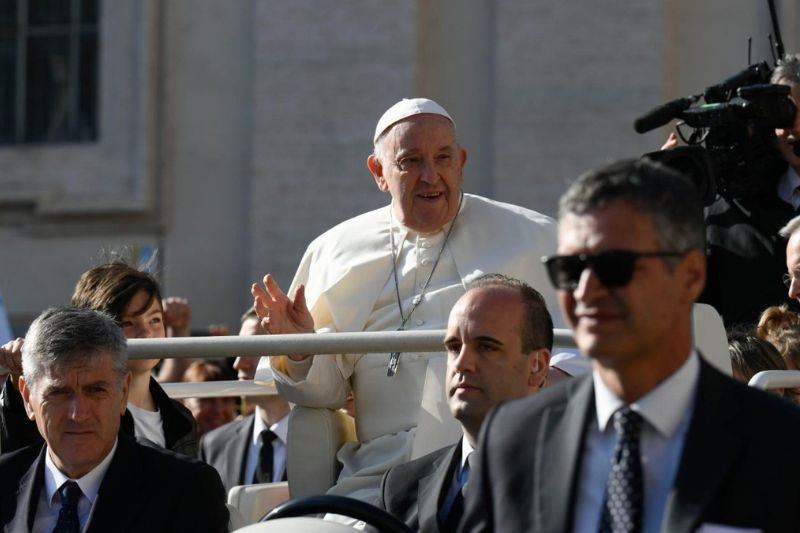
RELIGION
- David Kirchhoffer
- 18 April 2024
9 Comments
Though there are few surprises in Vatican document 'Dignitas Infinita', this summary of Pope Francis’s moral theology on dignity invites a reevaluation of our shared humanity in the face of an increasingly complex ethical landscape.
READ MORE
-
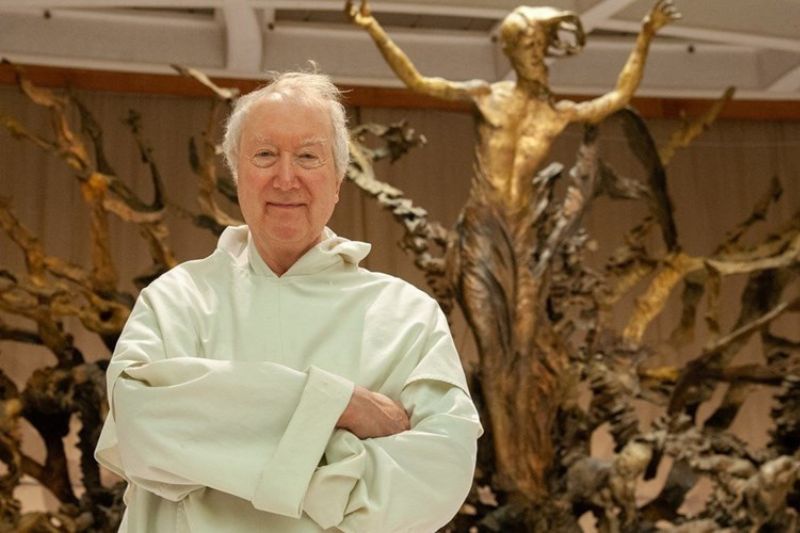
RELIGION
- John Warhurst
- 09 April 2024
12 Comments
Timothy Radcliffe has a hopeful vision for the Church, yet noting the slow pace of institutional change in his recent visit to Australia, he presented a sort of optimism that eschewed any hope for immediate outcomes. The basis for Radcliffe’s optimism seems to be his assumption that it is acceptable for the Church to take its time.
READ MORE
-

AUSTRALIA
Sam Kerr’s alleged comment to a UK police officer has divided opinion as to whether it constitutes racism. The central question involves whether a structural understanding of racism should supersede a universal, neutral sense of racism of the kind that is enshrined in law.
READ MORE
-
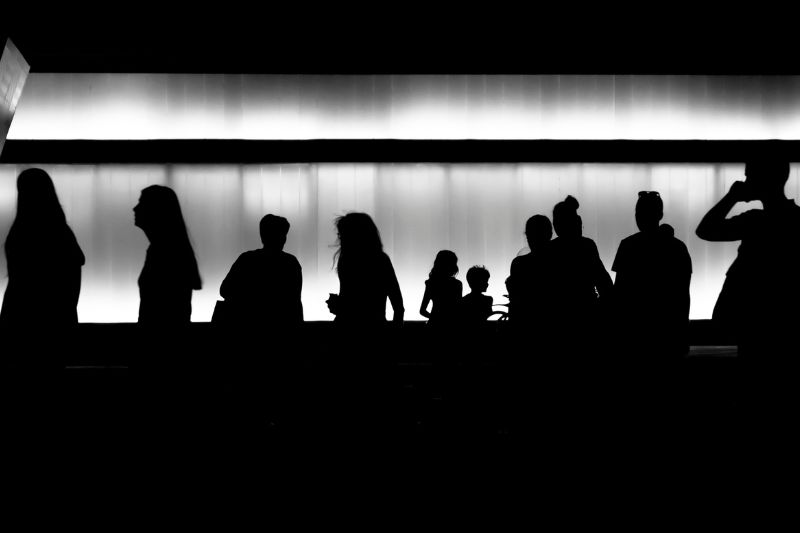
EDUCATION
- Michael Furtado
- 20 March 2024
6 Comments
As challenges to anti-discrimination exemptions are likely to persist within Catholic education, how can the government and religious institutions collaborate effectively to balance the freedom of expressing religious beliefs with safeguarding the rights and freedoms of everyone involved?
READ MORE
-
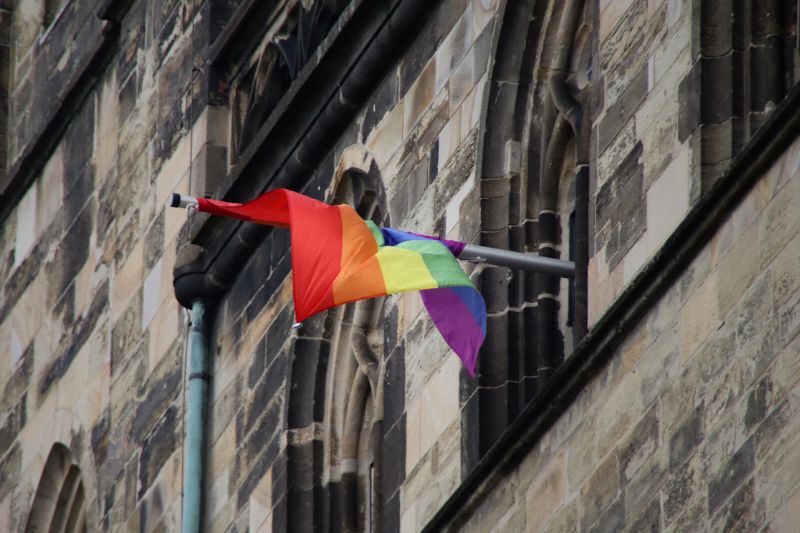
RELIGION
- John Warhurst
- 13 March 2024
7 Comments
The Vatican's decision to let priests bless couples in 'irregular relationships' has sparked diverse reactions within the Australian Church, revealing the complex interplay of faith and cultural diversity within Australia’s Church communities.
READ MORE
-
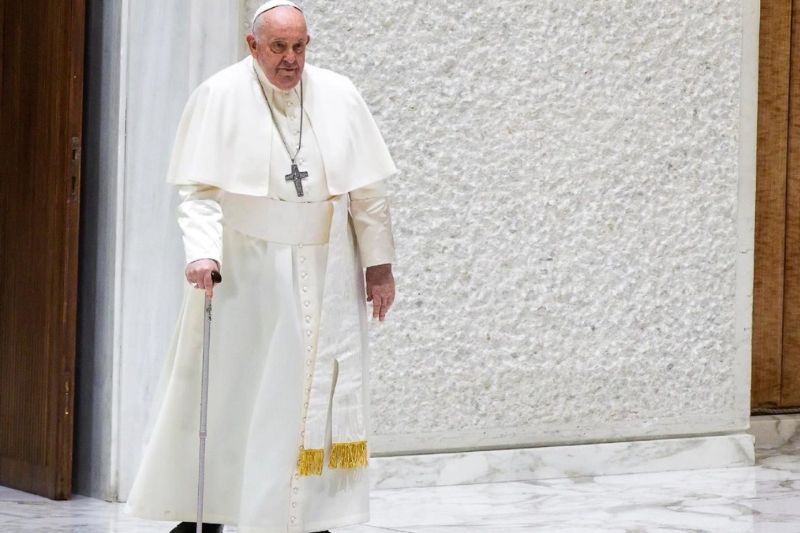
RELIGION
In December, the Vatican issued ‘Fiducia Supplicans’ (‘Supplicating Trust’), licensing priests to bless partners in same-sex and other ‘irregular’ relationships (divorced and remarried couples, couples ‘living in sin’, etc ) when they are approached in good faith.
READ MORE
-

EDUCATION
- Erica Cervini
- 06 March 2024
2 Comments
By 2012, when the federal government first started reporting on staff-to-student ratios in universities, there was one academic for every 20 students. The most recent data, from 2021, shows that figure had increased to 23. As Australian students return for the new academic year, it will surely come as no surprise to find that ratio has worsened.
READ MORE
-
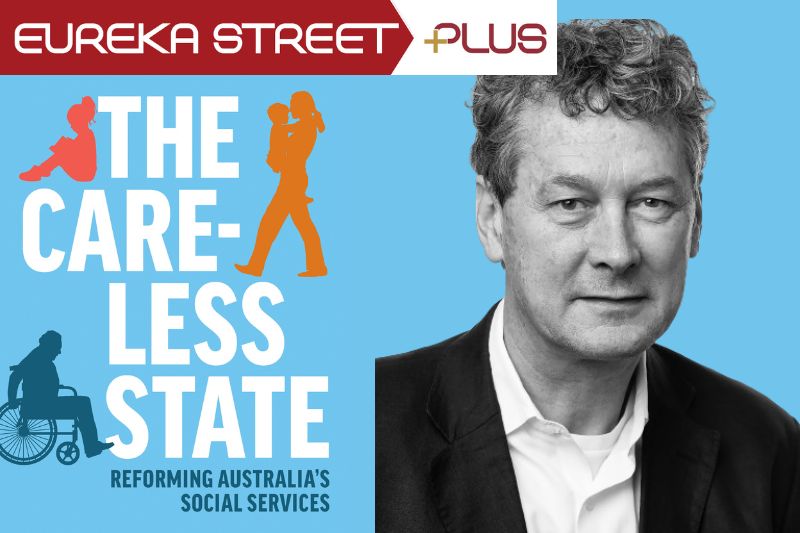
AUSTRALIA
- David Halliday
- 28 February 2024
1 Comment
The main purpose of government is to promote the welfare of its people. And yet over the last few decades, through numerous inquiries, it’s become clear that the Australian government has failed to provide services for the Australian population as well as might be expected.
READ MORE
-
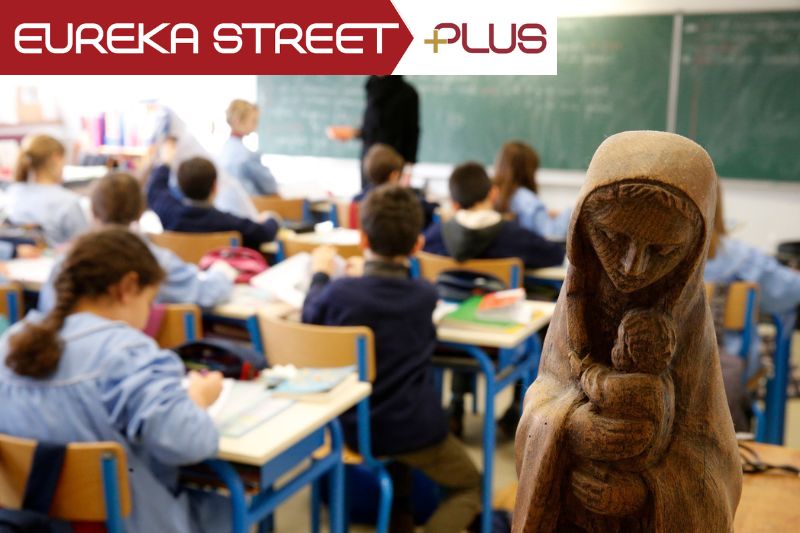
RELIGION
- Ann Rennie, Bernadette Mercieca
- 09 February 2024
5 Comments
Today, the claims of Christianity are no longer common knowledge among a Catholic student cohort that comes from many faith traditions and none, but the Catholic school has a place for them all. Has the classroom become the ecclesial face of the Catholic Church in the 21st Century?
READ MORE 